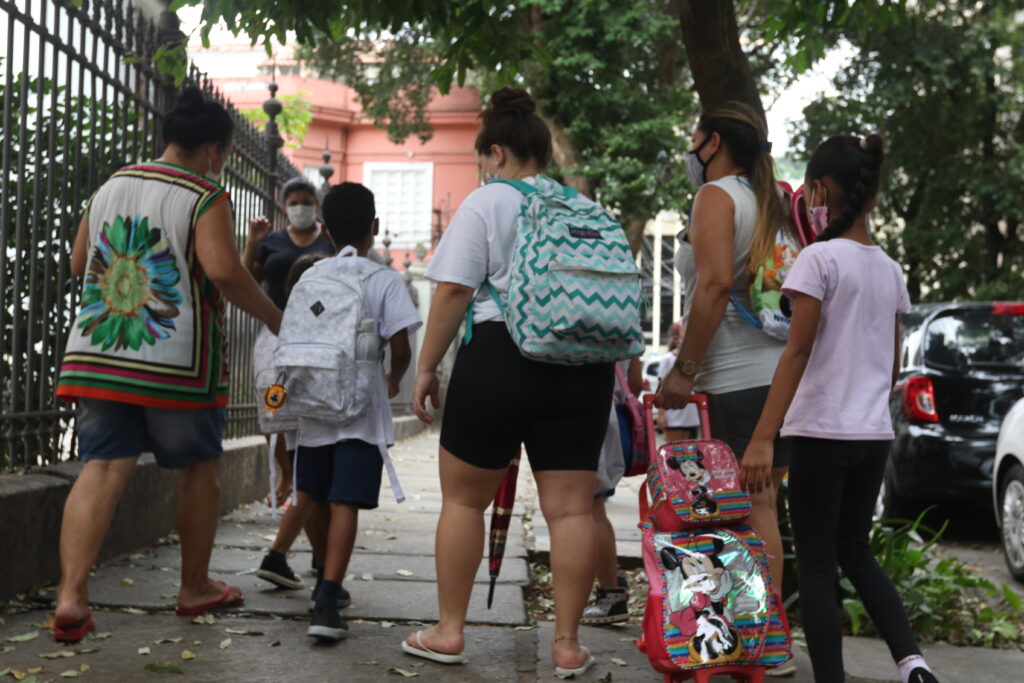Increased insecurity is keeping teenagers away from school. Between 2009 and 2019, the portion of those who were absent from classrooms motivated by lack of security doubled, jumping from 8,6% to 17,3%. Released yesterday, the data from the last National School Health Survey (PeNSE) from the Brazilian Institute of Geography and Statistics (IBGE), analyze comparable indicators of 9th grade students in capital cities. The students interviewed were mainly between 13 and 17 years old, the so-called “generation Z".
ADVERTISING

The group most at risk includes girls and those who study in public schools. The Institute also pointed out the intensification of other factors related to young people leaving school. From the beginning to the end of the decade studied, attention was drawn to the increase in “bullying” practices (30,9% to 40,3%), the consumption* of alcohol (52,9% to 63,2%) and drugs ( 8,2% to 12,1%). A drop in the use of condoms during sex was also noted (from 72,5% to 59%).

The fact that many of these students are spending more time without activities that move the body, which is common in the digital age, also increases health insecurity. Between 2015 and 2019, the period in which this data was collected, the rate of sedentary young people rose from 60,8% to 61,6%.
Geography of insecurity and isolation
O Rio de Janeiro It is the capital with the greatest impact caused by insecurity. In second and third, Belém and Fortaleza.
ADVERTISING
According to research, the signs of vulnerability psychological and emotional health of this population group had already been visible since 2019, when more than half (50,9%) said they were very worried about their mental health.
*interviewees who admitted exposure to or experimentation with any of these substances.
Featured photo: Students from Escola Municipal Senador Corrêa, in the south zone of the city of Rio de Janeiro, return to classes. 07/02/2022 - Agency Brazil/Tânia Rêgo
ADVERTISING
Curto Curatorship
IBGE: 40% of students have suffered 'bullying' and 24% say that life is not worth it
Initiatives try to reverse the increase in school dropouts during the pandemic



